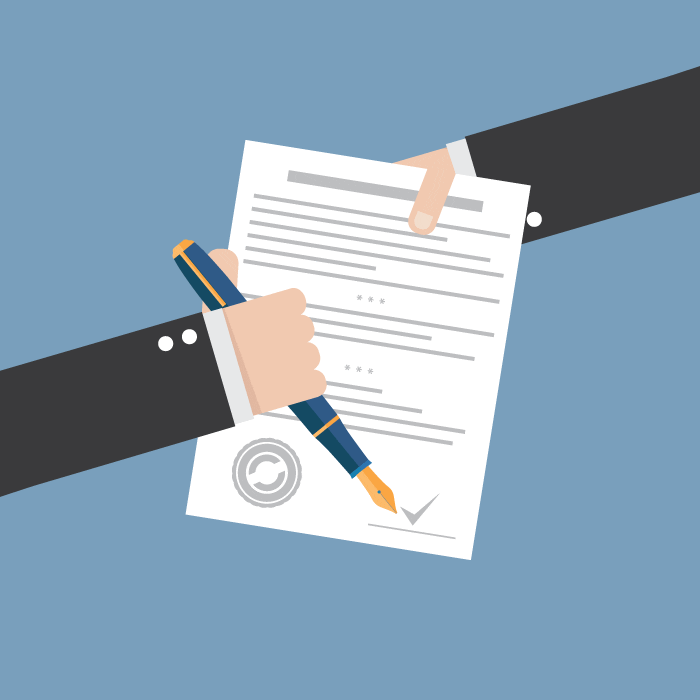I co-signed on my daughter’s student loans. What are my options?
Dear Liz: I co-signed some private student loans for my youngest child. She graduated two years ago with about $80,000 in student debt, including federal and private loans. Like many other recent graduates, she has had a difficult time finding a job. She worked part time at a retail store until about a month ago and made around $7,000 annually. I have been helping her make reduced payments and she has gotten deferments and income-based repayment plans.
But I’m planning to retire in a few months and won’t be able to make the payments as I have been. I am heartsick about this whole situation, not just for my family, but also for thousands of young people who face this mountain of un-dischargeable debt. We desperately need some advice on how to deal with huge debt.
Answer: As you know, these loans typically can’t be shed in Bankruptcy Court and there is no statute of limitations on how long collectors can pursue this debt. Even your Social Security benefits aren’t safe: In 2005, the U.S. Supreme Court upheld the government’s ability to offset Social Security disability and retirement benefits when a borrower has defaulted on student loans.
Income-based repayment plans can provide some relief with the federal loans. This repayment option limits the required payment to 15% of your daughter’s discretionary income, and her balance can be forgiven after 25 years, according to Mark Kantrowitz, publisher of the FinAid.org financial aid site. If your daughter has no income, her required payment would fall to zero. Unlike deferment and forbearance plans, which have three-year limits, the income-based repayment allows zero payments indefinitely. She should investigate signing up for such plans for all her federal loans.
The private loans you cosigned have far fewer repayment options. Some have forbearance and deferment options, while others do not. You may be able to negotiate a lower payment temporarily, or you may not. Because private student loans’ rates and terms aren’t regulated the same way federal loans’ are, they’re considered much riskier. Using them is kind of like paying for college with credit cards, except unlike with credit cards, the debt can’t be discharged.
It’s too late to tell you that you shouldn’t have co-signed loans so close to retirement or any time you would be unable to take over the payments. If you have sufficient equity in your home, you may want to consider using it to pay off the private loans. A variable-rate home equity line of credit would allow you to pay only interest for 10 years, while a fixed-rate home equity loan would lock in today’s current low rates for the 20-year life of the loan. You will, of course, be putting your home at risk if you can’t make those payments.
Another possibility is to postpone your retirement until your daughter is gainfully employed. This may not be desirable or even possible, but at the moment you’re the only one with income to repay these loans.
Otherwise, your option is to try to negotiate an affordable repayment plan with the private lenders, which is no easy task. For more information, visit the Student Loan Borrower Assistance program at http://www.studentloanborrowerassistance.org.
Liz Weston is “The most-read personal finance columnist on the Internet” (Nielsen/NetRatings) and author of “The 10 Commandments of Money” and “Your Credit Score.”

